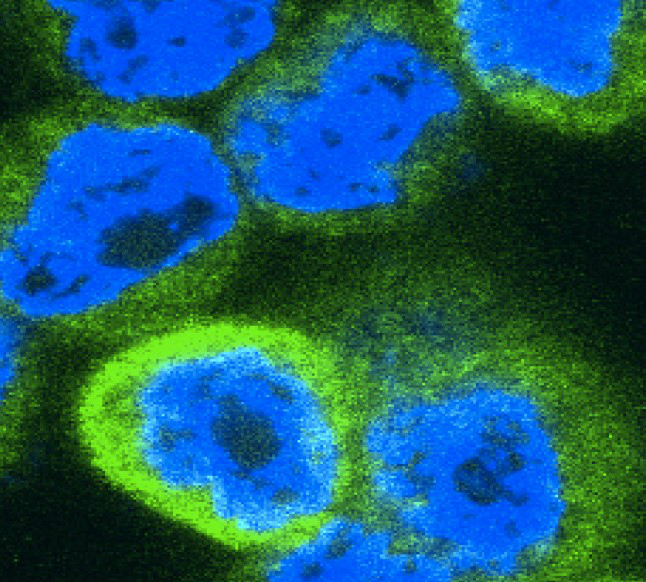Trinity scientists have discovered how certain cancers send a “wound-healing” message from tumour cells to hijack the immune system for their benefit, tricking it into helping rather than harming them.
The immune system primarily protects us from infection, but cells of the immune system also play a key role in coordinating the repair of damaged tissue. The “wound healing” aspect of the immune system stimulates the growth of new cells within the damaged tissue and brings extra nutrients and oxygen into the injured tissue.
Scientists discovered that cancers exploit this wound-healing mechanism for their own gain. Certain types of cancers can appear as damaged tissue in order to receive help from the immune system.
Scientists from the Smurfit Institute of Genetics at Trinity College Dublin, led by Smurfit Professor of Medical Genetics, Seamus Martin, have found that a molecule called TRIAL – which is frequently found in high concentrations on many cancers – can become re-wired in certain tumours to send an inflammatory “wound healing” signal.
Commenting on these findings, Professor Martin said: “Understanding how cancers turn on the wound-healing response has been mysterious, so we are very excited to find that certain cancers exploit TRAIL for that purpose.” He continued: “This suggests ways in which we can turn off this reaction in cancers that use TRAIL to hoodwink the immune system into helping rather than harming them.”
The research has been published in the internationally renowned journal, Molecular Cell.







